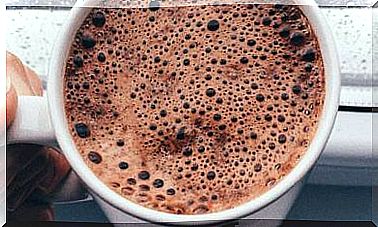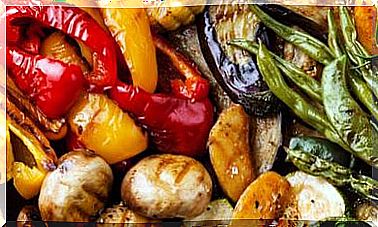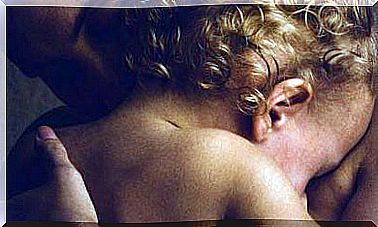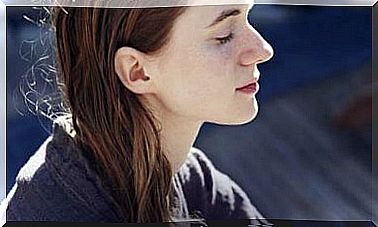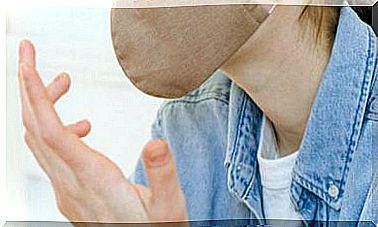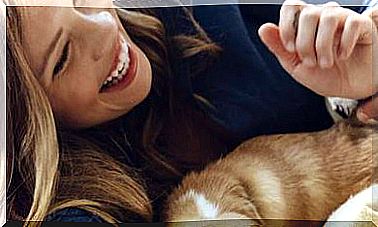Talking About Death With Children
Now that Halloween has definitely been installed in our festive calendar, it would be good to take advantage of this date to talk with children about death.
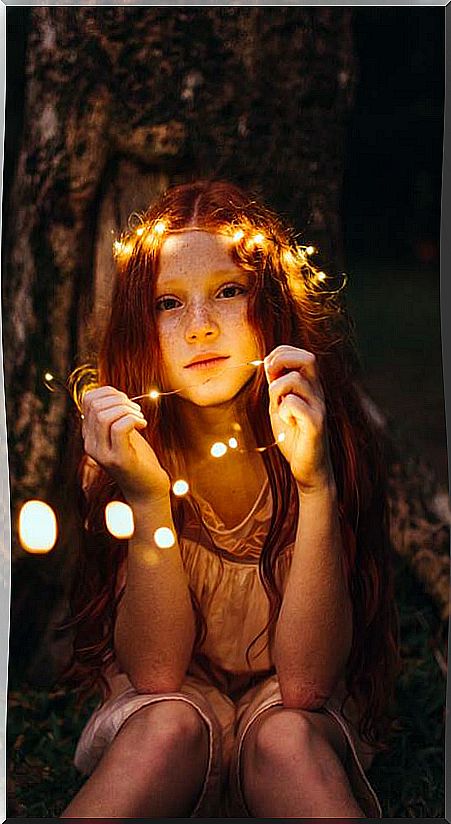
In this adult-centered society, it is too common to exclude the little ones from everything that surrounds death. The seriousness of the illnesses of their elders is usually hidden from them, they are left in the care of other people when they have to go to a funeral home, burial or funeral, or they are answered with vagueness and euphemisms such as that “Uncle Paco has gone to the heaven”…
In short, they are deprived of the knowledge of that daily reality that is death and also of the wealth that allowing them to say goodbye to a loved one while alive or of the growth that goes through grief entails.
All of this paves the way so that, when the death of a loved one strikes them closely for the first time in adulthood, many feel deeply stunned, helpless or confused, because they have lacked that gradual learning that death is part of it. of the life.
However, growing up knowing and accepting death is natural if it is done from early childhood. It means observing the cycles of nature, seeing how the leaves of the trees fall, experimenting by seeing how the corpse of an insect or a mouse or a toad is transformed, seeing the end of the harvest in the field and how after the cold winter the leaves of the seeds begin to sprout again …
In nature it is easy to learn that everything is born and everything dies and that death is part of that cycle that is life.
But you also have to sit down with your grandparents’ photo album, remember each one of them, and how and when they died; visit the cemetery of the ancestors’ village and look for kinship, name the babies who died in the womb of the women of the family and celebrate what each life contributed, no matter how brief it was.
You can also remember dogs, cats or other domestic animals that have occupied an important place in family life.
Thus, painting their faces or dressing them up for Halloween can be the opportunity to talk about death without fear, to tell them how we remember or how we learned to live with the inescapable presence of the grim reaper and what All Saints’ Day traditionally means.
Learn about how it was celebrated in the past or today in other places such as Mexico or Bolivia where their cultures have always kept in mind the importance of honoring the dead.
The psychiatrist Elisabeth Kübler-Ross dedicated a good part of her life to helping to die and to move the owners. He verified how naturally seriously ill minors accepted their next death. In most cases they asked her to help her parents to be able to speak it to say goodbye with peace.
It was she who left us this phrase that I think perfectly sums up the wealth that comes with growing up and living accepting the presence of death:
“If we flee from pain we also flee from well-being and if we flee from death we also flee from life.”
